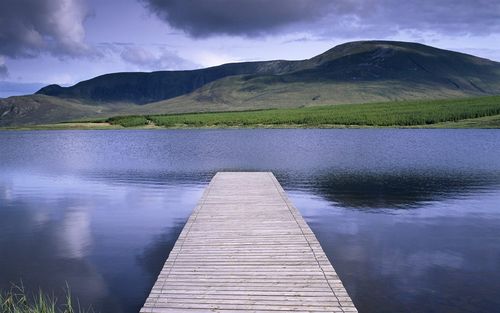Folklore and Folk Dance: Celebrating Heritage and Tradition through Movement
Folklore and folk dance are two aspects that play a significant role in preserving and celebrating a community’s heritage and tradition. These components are essential since they provide a glimpse into a community’s past and their way of life. It also provides a medium to connect with people and their cultures, thereby promoting cultural exchange and understanding.
Folk dance, in particular, is an art form that stems from traditional dances and is performed by commoners as opposed to professional dancers. It is an expression of people’s social, cultural, and religious beliefs, and it has been passed down from generation to generation. Folk dances are diverse, and they vary based on geography, culture, and religion. They may be national or regional dances and are typically performed during festivals, celebrations, and other cultural events.
Folk dance plays a significant role in the preservation of a community’s heritage. It helps to keep the traditions alive and provides a physical expression of it. It is also a source of community identity and pride. Learning and performing folk dance helps to promote cultural exchange, which is critical in today’s global society where diversity and inclusion play a significant role.
Folklore, on the other hand, is the oral traditions, stories, customs, and beliefs passed down from generation to generation. It is a fusion of beliefs, values, and cultural experiences that uniquely shapes a community’s identity. Like folk dance, folklore plays a significant role in preserving a community’s heritage and tradition. It also helps to keep the stories and beliefs alive, promoting cultural exchange, and helping individuals connect with their cultural heritage.
In conclusion, folklore and folk dance are important aspects of our cultural heritage that should be preserved and celebrated. Through these aspects, we can learn more about our cultural heritage and connect with people from all over the world. It is essential to acknowledge and take pride in our heritage and to pass it down to the next generation. We need to cultivate an environment in which people can embrace their cultural identity and traditions. With folklore and folk dance, we can celebrate heritage and tradition through movement and cultural exchange.
(Note: Do you have knowledge or insights to share? Unlock new opportunities and expand your reach by joining our authors team. Click Registration to join us and share your expertise with our readers.)
Speech tips:
Please note that any statements involving politics will not be approved.
